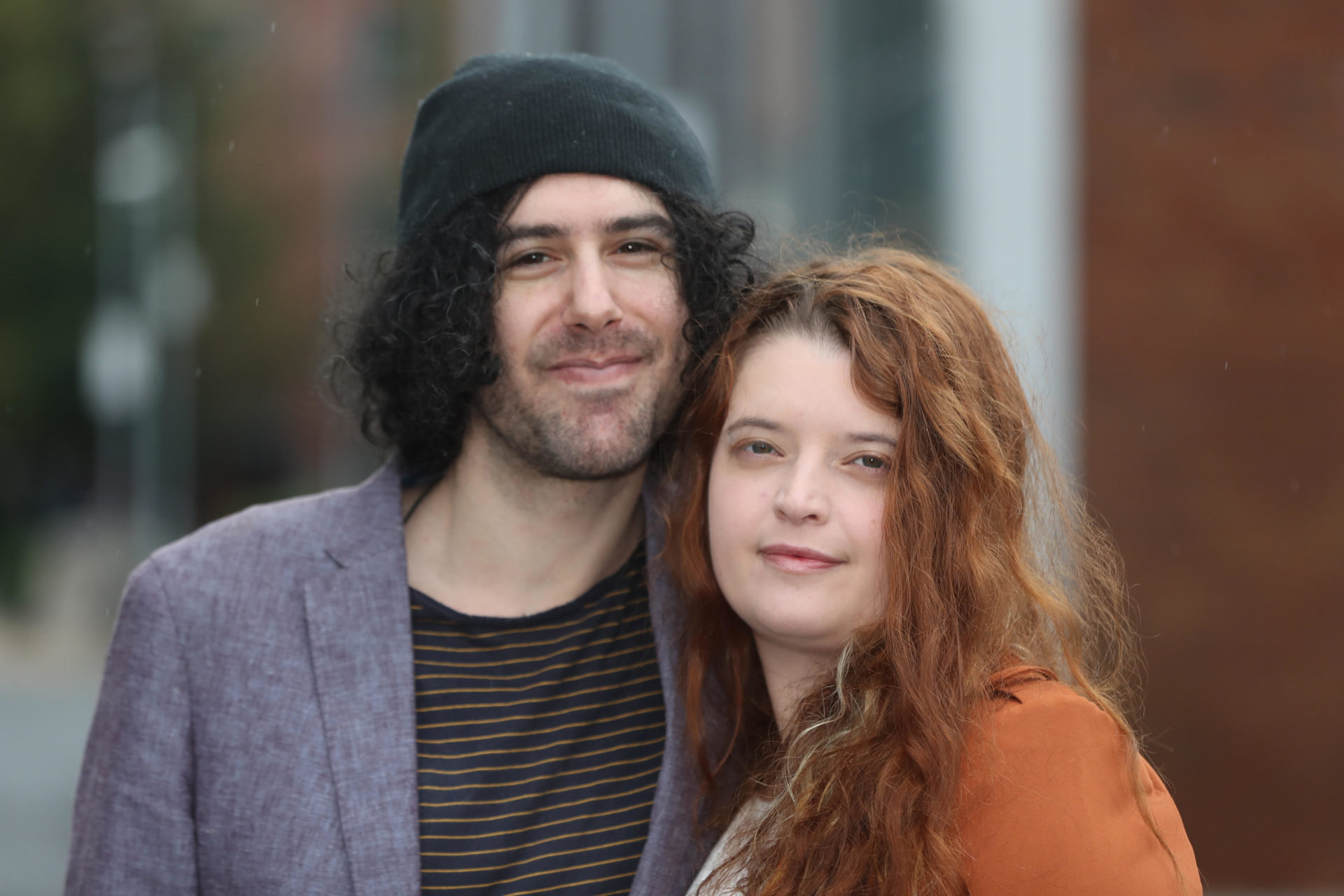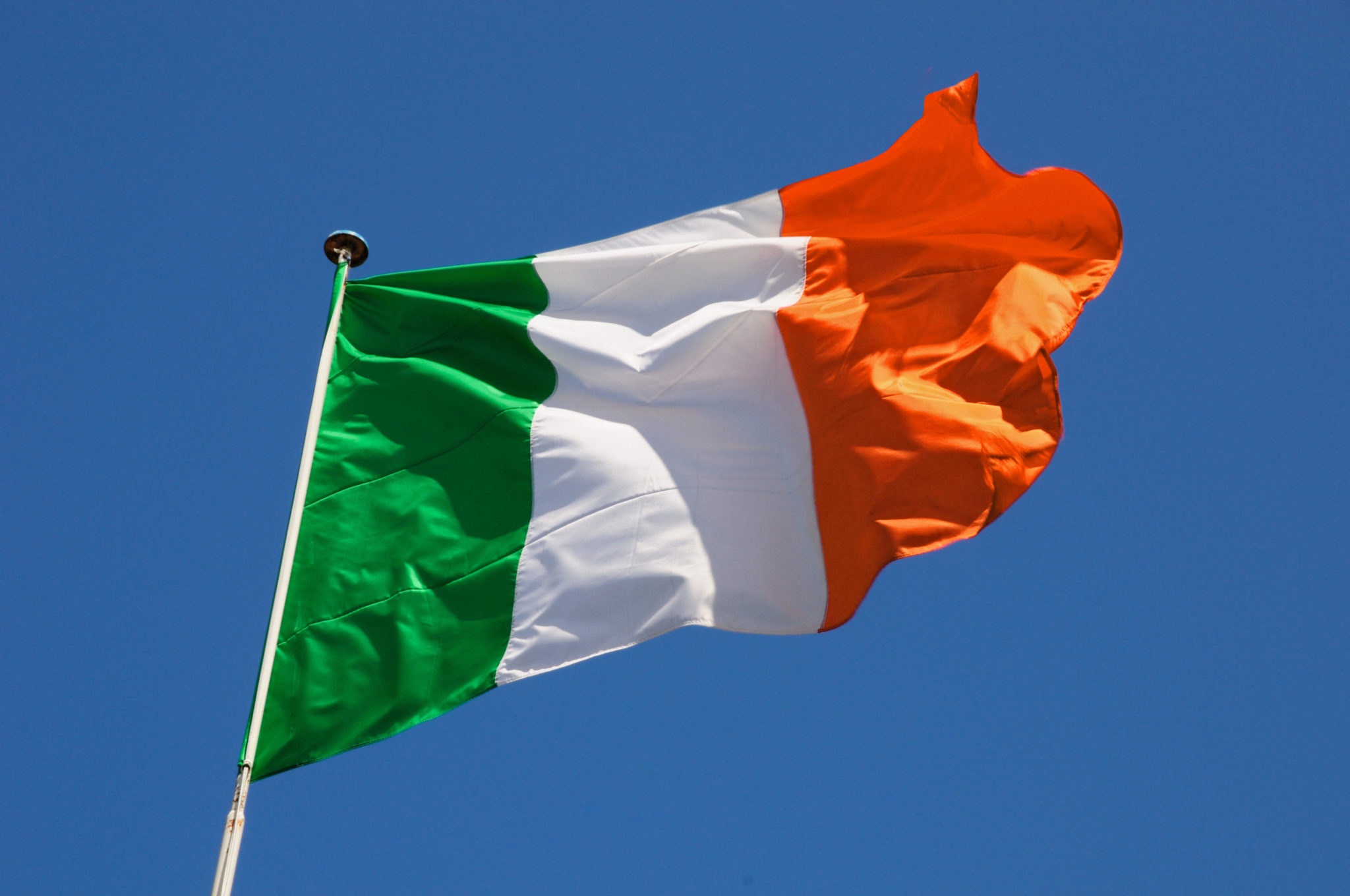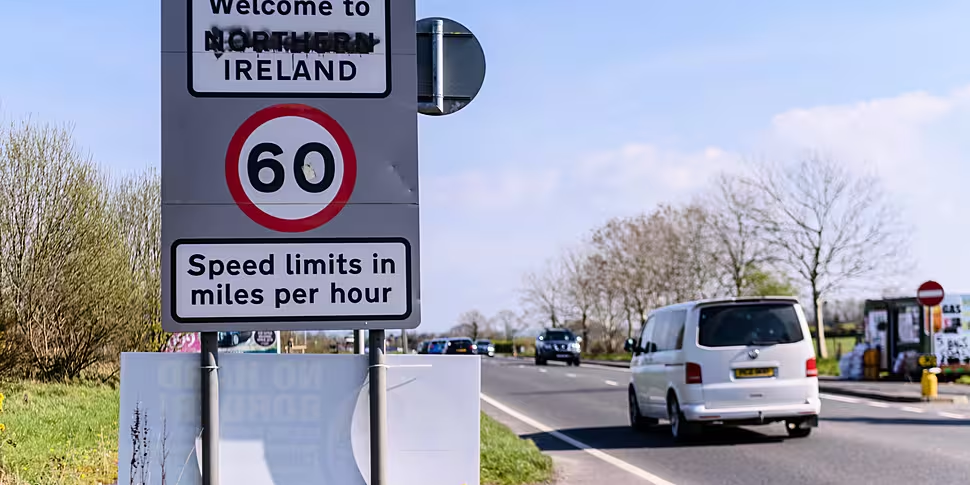Saying people from Northern Ireland are “not really Irish” is “quite painful” for them, according to writer and political commentator Emma DeSouza.
Ms DeSouza shot to prominence after she sued the UK Government for forcing her to identify as British when her husband applied to the Home Office for a visa.
In 2020, London announced that it would "change the rules governing how the people of Northern Ireland bring their family members to the UK".
Despite her very public battle to be recognised as Irish, Ms DeSouza said she can “very much identify” with Derry Girls writer Lisa McGee’s frustration that people do not view her as “properly Irish” because she is from the North.
The ' you're not properly Irish, you're from the North' brigade are in my top 3- two bottles of Prosecco in rants. The worst. The stupidity. I cannot deal as I believe the wains say. ( they probably don't) https://t.co/SgVC2sbIwJ
— Lisa McGee (@LisaMMcGee) August 13, 2023
“A lot of people have been sharing across social media over the last few days their own experiences of being othered or dismissed or diminished in terms of their Irishness by fellow Irish citizens in the Republic,” Ms DeSouza told Newstalk Breakfast.
“It is definitely something that is, I have to say, quite difficult, quite painful for those of us in the North, in terms of having to experience that.”
Now living in Dublin, Ms DeSouza said it is usually “done in jest” but that, however it is meant, “it does hurt, nevertheless.”
“I’ve had people in the Republic tell me that I am not really Irish, I’ve had people tell me that to them I’m as Irish as someone born in London or Liverpool,” she said.
“I have the right to a passport but I don’t have the right to really be Irish.
“That I don’t even have the right to call myself under the Irish Constitution because I was born in the North.”
 Emma DeSouza and her husband Jake.
Emma DeSouza and her husband Jake.Ms DeSouza said it is “not everyone” but that it is still a “fair few” and the attitude is “quite prevalent”.
She said people on the island of Ireland experience “two very divergent senses of what it means to be Irish” and this informs how people see themselves.
“They [Northerners] were born in a context where they faced decades of further sectarian violence and oppression,” she said.
“Today, in Northern Ireland, people still experience a diminishing of their Irish identity.
“The Irish language is mocked, the Irish flag is burned - so, there really is a very different context.”
 An Irish Tricolour flag fluttering in the breeze in June 2009. Picture by: loren file / Alamy Stock Photo
An Irish Tricolour flag fluttering in the breeze in June 2009. Picture by: loren file / Alamy Stock PhotoAs a child, Ms DeSouza had a brick through the window of her living room and the family was forced out of their homes in the run up to the 12th July.
She knew as a Catholic there were places it was best to avoid and once when she was stopped in a unionist area of Belfast, she and her friends gave the men ‘Protestant’ sounding names.
During her court case, she had received sectarian abuse and even threats of violence.
“To then go into the Republic and have people equally denigrate and diminish your Irish identity as lesser than theirs, just because you happen to be born on the other side of the border, that is quite painful for Irish citizens,” she said.
“It’s part of a systemic problem that I think is rooted in the fact that we just don’t understand each other.
“It’s down to a great degree of ignorance and part of that ignorance stems from the fact that the island was partitioned.
“We need to work at trying to pull away at our own prejudices, our own biases and build understanding about the lived experiences of people on both sides of this border so that we don’t diminish each other.”
Under the Good Friday Agreement, people in Northern Ireland have the right to identify as British or Irish or both.
Main image: Sign at the Irish border between Northern Ireland and the Republic of Ireland.









